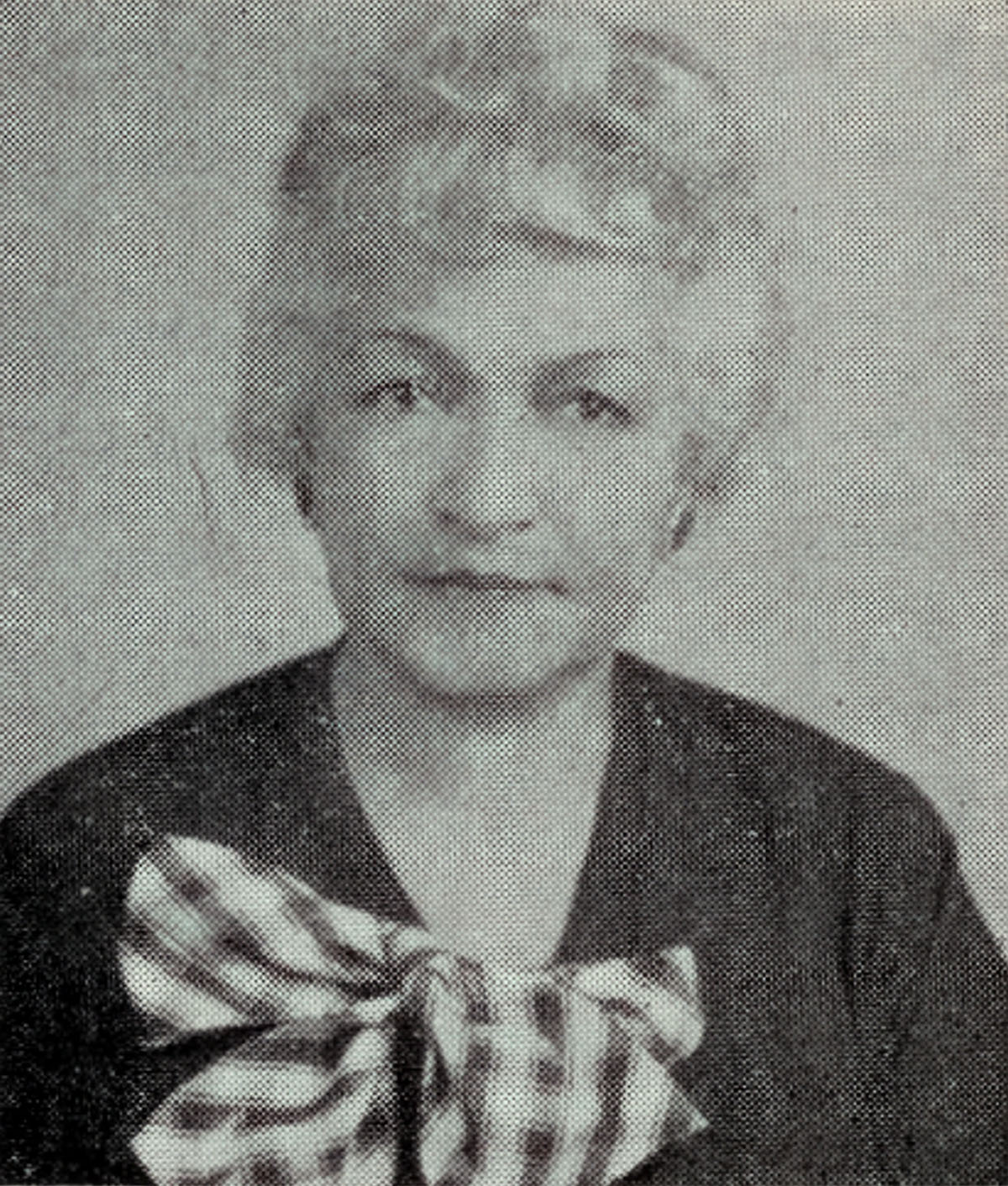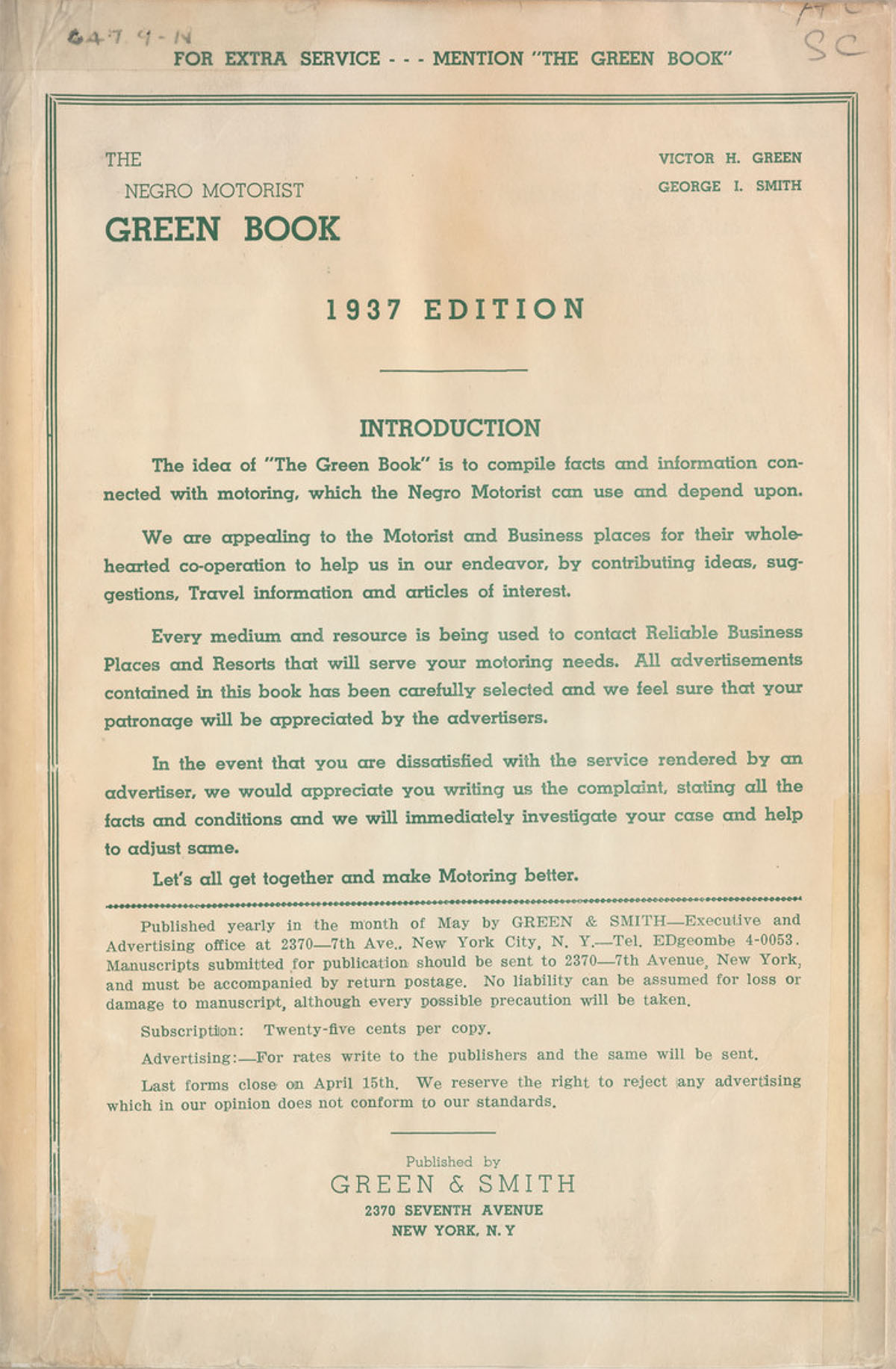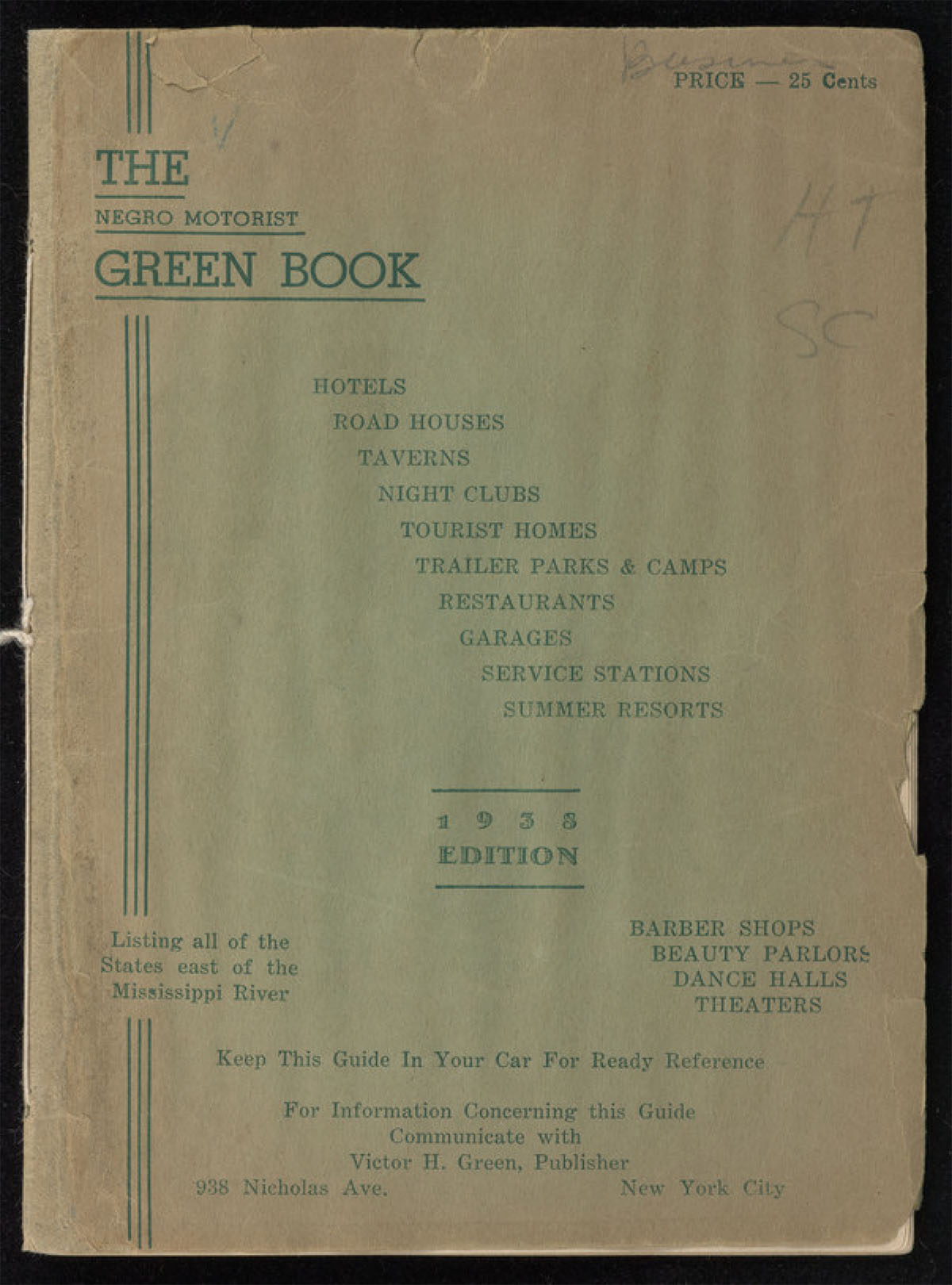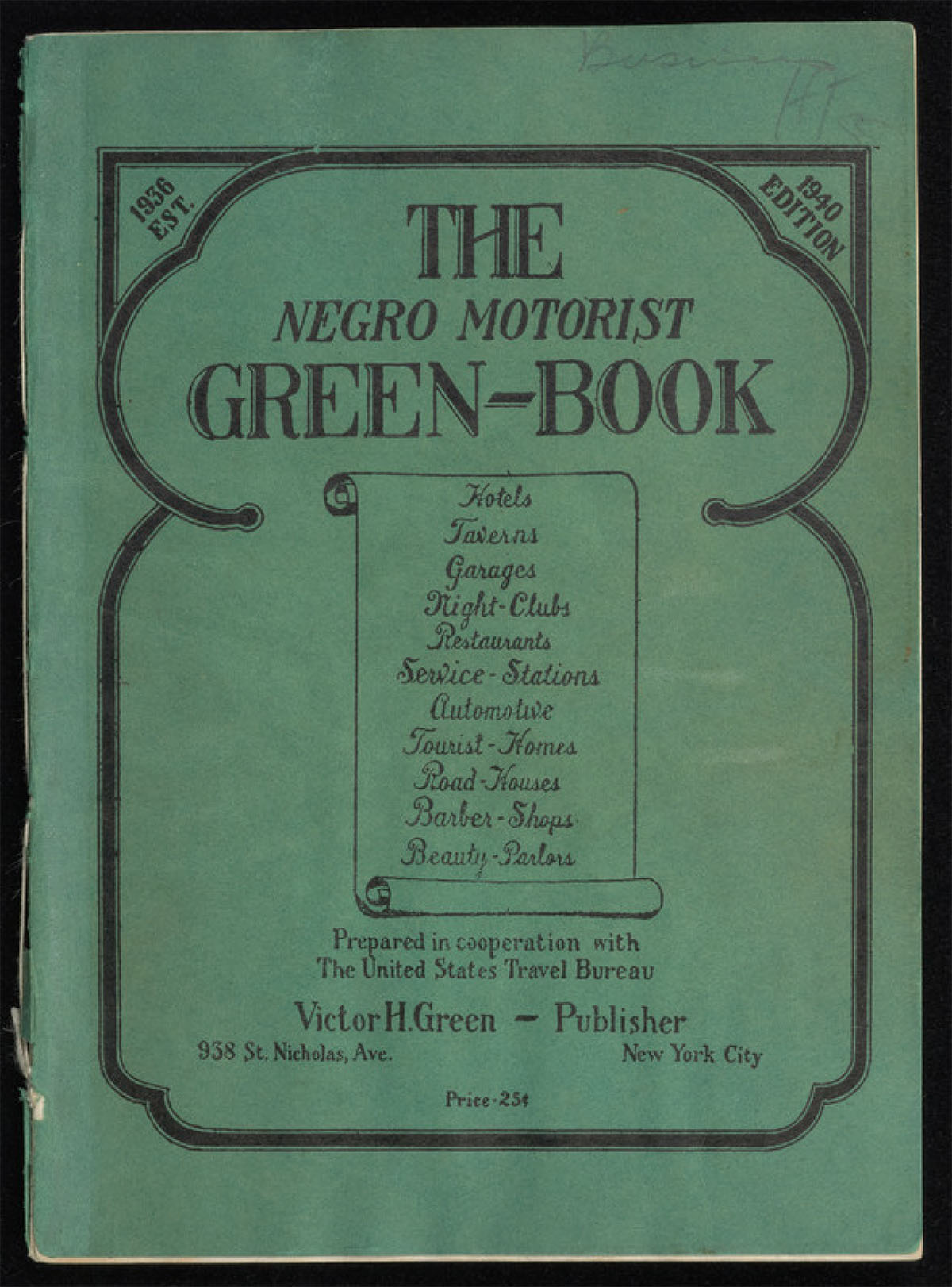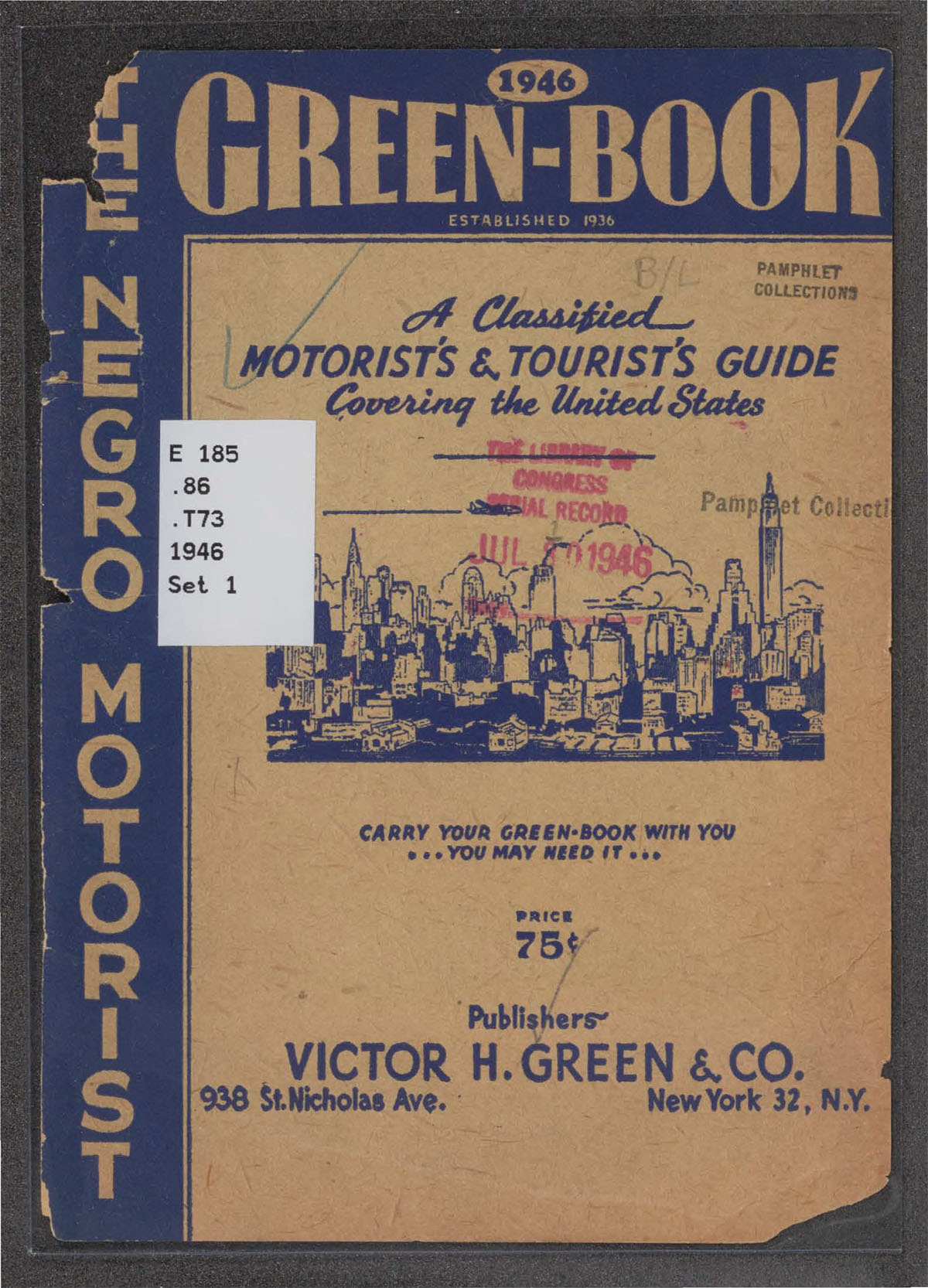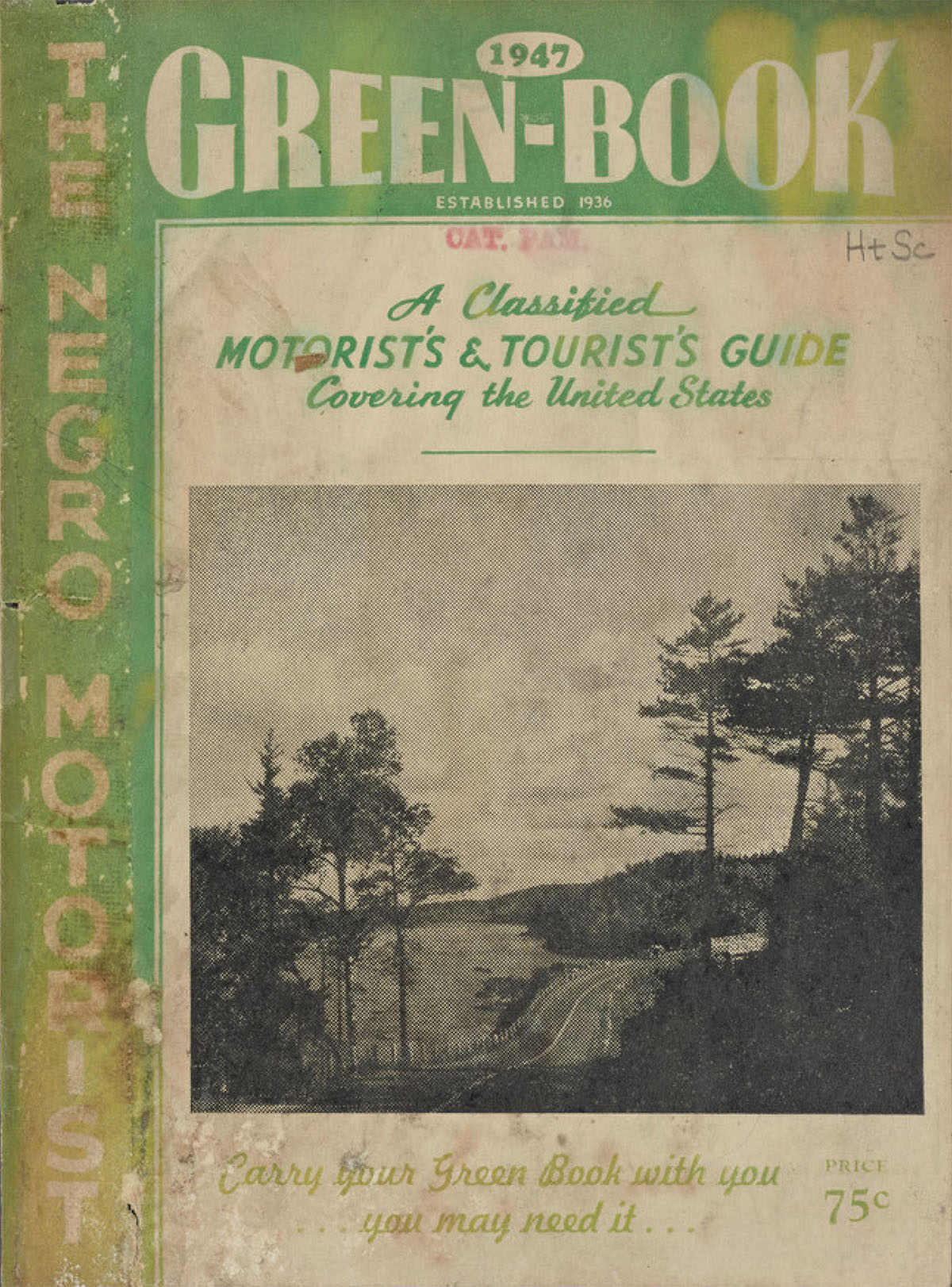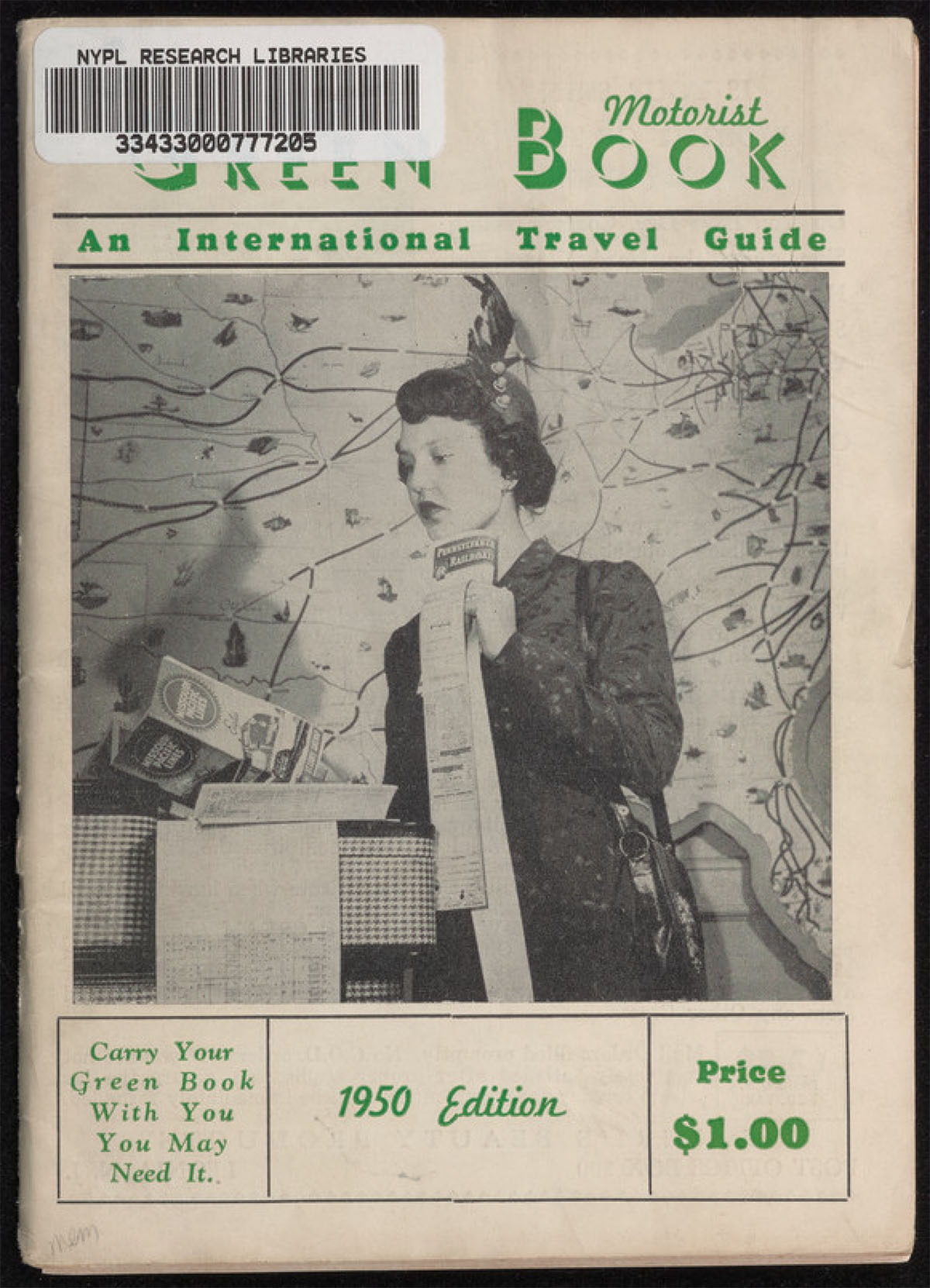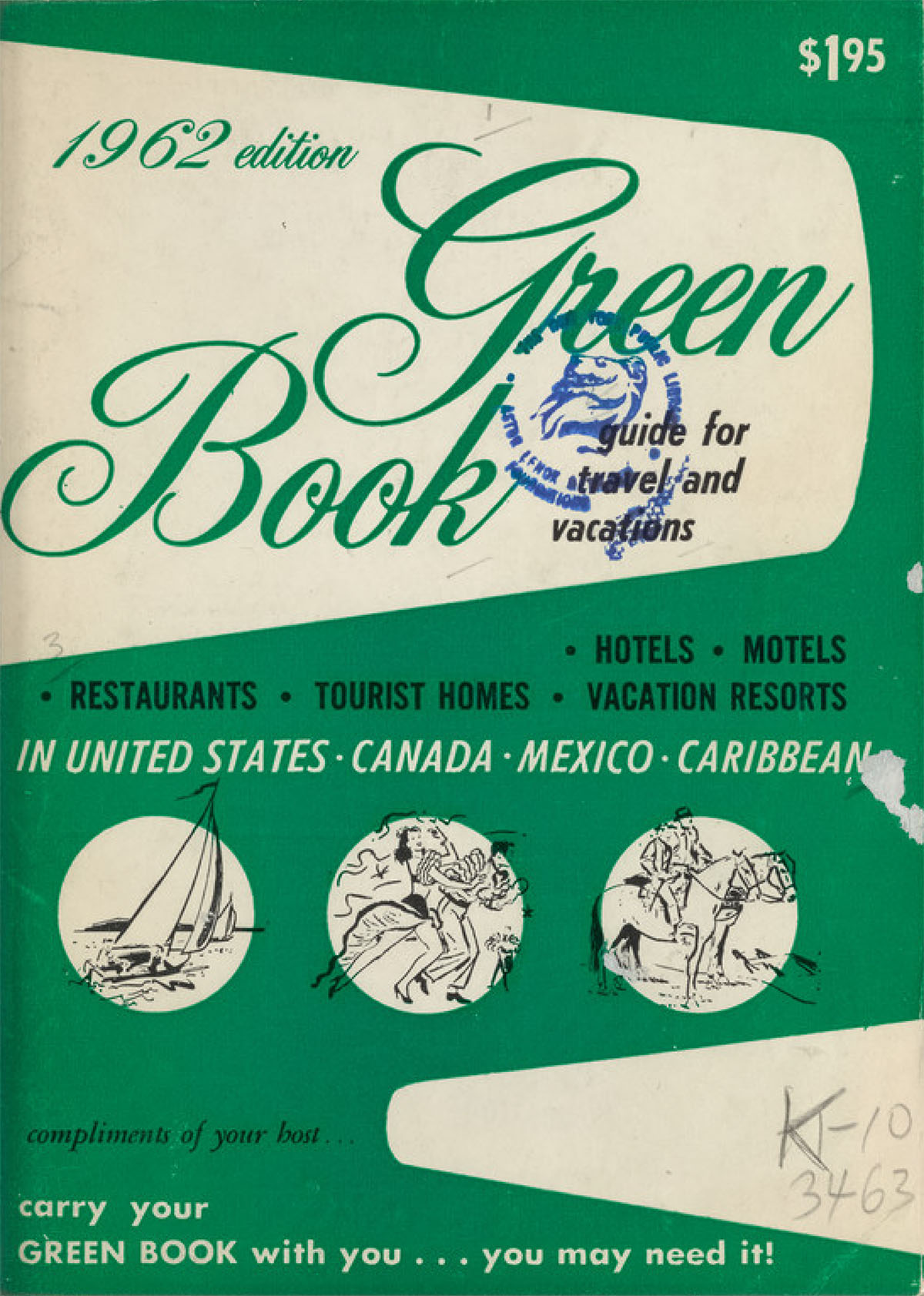
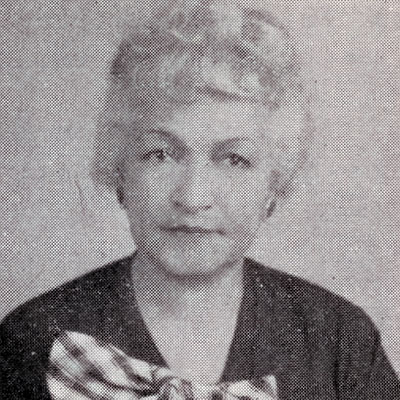
How We Live
Alma Green
1889-1978
"Alma was a true steel magnolia, who had lived in and through some of the most culturally and historically important places and events of late 19th and early 20th century America."
Alma Green, née Duke, was born in Richmond, Virginia in 1889, surrounded by the dangerous Jim Crow laws, which legalized racial segregation at local and state levels. She grew up attending Richmond’s Navy Hill School, which was considered one of Richmond’s best schools for Black children. When she turned 18, she started working as a dressmaker and became a part of the Great Migration, a period where approximately six million Black Americans moved from southern states to northern states. During this time, Green was traveling between New Jersey and Virginia where she would have been exposed to the dangers that Black Americans faced everyday while traveling around the United States.
By 1915, Alma Duke lived in New York. Shortly after, she moved to Hackensack, New Jersey, where she became involved in the local Black community. Victor Hugo Green was also living in Hackensack after moving from New York with his family when he was young. In 1917, Green and Victor obtained their marriage license in Brooklyn, New York. Less than one year after getting married, Victor was drafted for World War I. Once he returned, Alma and Victor moved back to New Jersey. In 1929, they made the decision to relocated back to New York and settled in Harlem. It was after moving to Harlem that the idea for The Green Book was born.
“The Green Book” filled a critical need for Black Americans—the key to the publication’s success. The first edition was published in 1936 and was limited to New York. It was a publication updated annually that highlighted hotels, restaurants, service stations, and other businesses that served Black travelers. “The Green Book” was well-received by travelers in New York and so the Greens made the decision to include businesses from around the country beginning with the 1938 edition. Alma Green’s experiences traveling for her profession as a dressmaker between New Jersey and Virginia and other places around the country, would have been invaluable when selecting businesses to include. Despite her contributions during the publication’s first two decades, Green was only recognized for her work on the publication in 1959. That year, she was identified as the editor.
After her husband’s death in 1960, Green continued their joint legacy and published and served as editor until 1962. “The Green Book ceased” to be published in 1966 after the passing of the Civil Rights Act of 1964. The inaugural publication stated that “There will be a day sometime in the near future when this guide will not have to be published. That is when we as a race will have equal rights and privileges in the United States. It will be a great day for us to suspend this publication for then we can go wherever we please, and without embarrassment. But until that time comes, we shall continue to publish this information for your convenience each year.” Green lived to see that day before passing away in 1978.
1889
Born in Richmond, VA
1907
Begins working as a dressmaker, traveling between New Jersey and Virginia
1910
Begins working as a live-in servant for William H. Morton, a tobacco merchant, in Richmond, VA
1915
Moves to New York
1917
Marries Victor Green in Brooklyn, NY
1929
Moves to Harlem with her husband Victor
1936
Publishes the first edition of The Green Book, which only featured New York
1949
Establishes travel agency with her husband for Black travelers
1962
Publishes the final edition as editor of The Green Book
1978
Passes away at the age of 88
2022
Inducted into the Automotive Hall of Fame
References
- Jim Crow Laws, History
- The Mother of the Green Book Ignored by History
- Alma D. Green, co-publisher of ‘The Green Book’
- Alma Green, Automotive Hall of Fame
- African American Heritage
- The Negro Motorist Green Book
- The Route 66 Encyclopedia
- Why Publishing Is So White
- Alma D. Green, co-publisher of ‘The Green Book’
- Alma Green


